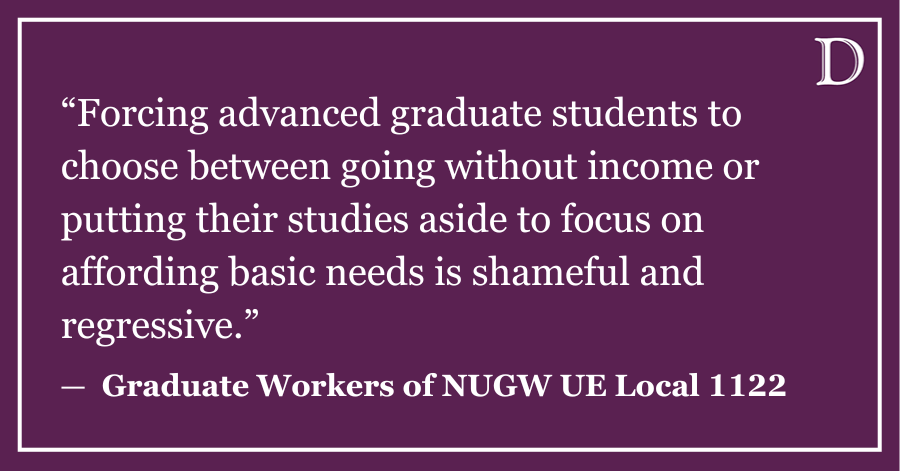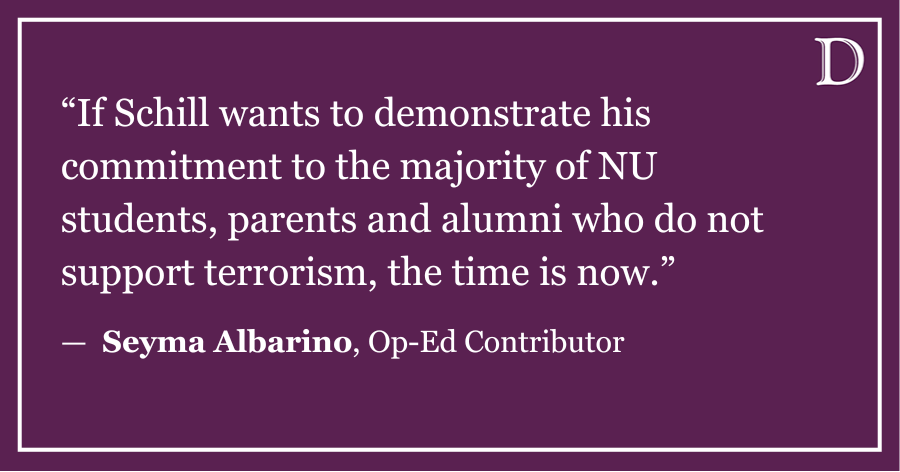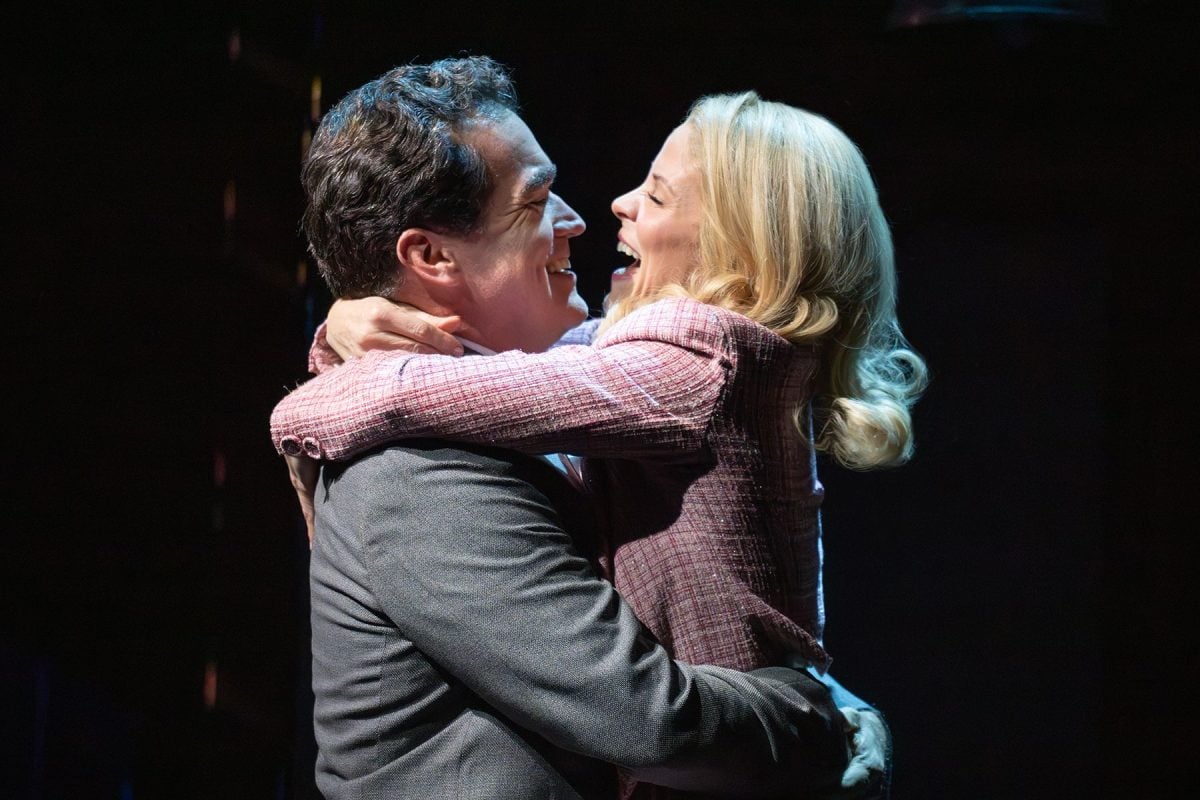The 2012 election brings me my first opportunity to vote in a presidential election, but it seems my minority opinion will be unheard before I even get a chance to mark my ballot.
Voting in my first election brings me great amounts of joy. For the first time, I’m able to fulfill my civic duty and act smugly about who gets my vote. My decision was split, but eventually I decided a third party should receive my vote. After careful consideration, I chose to give my vote to Jill Stein and Cheri Honkala of the Green Party, partially due to their third-party status, but mostly because they share similar feelings to mine on key issues.
Being the busy (read: lazy) college student I am, I registered for an advance ballot from my home state of Kansas. Getting a paper cut after frantically opening the envelope was the least of my worries after a shocking discovery: The party I wanted to vote for was not on my ballot.
Kansas provides some of the most politically outlandish controversies in America. We’re home to Gov. Sam Brownback’s creationism crusade, the shenanigans of Westboro Baptist Church and the late George Tiller’s abortion clinic. Most recently, Kansas birthers submitted a petition to remove Obama’s name from the ballot, citing long-refuted claims of his citizenship. The petition, although still under consideration, will not affect Obama’s place on the ballot — His name is clearly printed under the presidential candidates. Stein’s remains absent.
Had I registered to vote in Illinois, my luck would’ve been a lot better. The Green Party is on ballots in 36 states, but Kansas is not one of them. The Libertarian and Reform parties find a place between Obama and Romney on the Kansas absentee ballot, but not the Green party, and I believe this is not enough.
American politics operate primarily through a two-party system that offers little freedom of choice, and by not including third parties we drastically limit the opportunity for beneficial change. A two-party system roots itself firmly within America’s history, but third parties have greatly impacted American politics. The Republican party had humble beginnings but evolved into one of America’s most prominent political parties. Whigs and Populists made considerable dents in policy reform and garnered seats in Congress. More recently, Independent candidate Ross Perot gained almost 19 percent of the popular vote in the 1992 presidential election.
There is potential for more parties to enter the political fray, but many things within our system prevent alternative voices from influencing elections. I would love to see things like inviting third party candidates to presidential debates and a direct popular vote in lieu of the electoral college, but I feel one thing above all these is important: knowledge. More people need to realize the value third parties bring to the table. By at least recognizing their existence, we’re well on our way to becoming a better nation. Write-ins may be an option, but I feel it is imperative to get their names in as many places as Obama’s and Romney’s. We need more voices in order to lead this nation on the right path.










